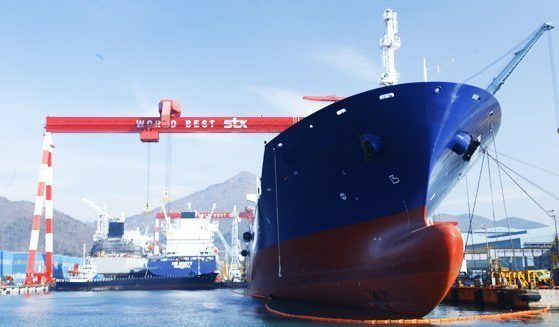Shipbuilders’ Kodak moment

Shipbuilders are about as good at predicting the future as senior management at film makers Kodak were at the time of the first digital cameras coming to market.
In South Korea, policy makers, state banks and shipyards colluded to ramp up capacity in the previous decade amid growing competition from China.
South Korea only overhauled Japan as the world’s top shipbuilding nation at the turn of the millennium. It had little time to celebrate however as China went about chasing its lead, rapidly building up a network of huge shipyards up and down its coastline. South Korea responded by upping its own capacity and chasing higher value, more technically advanced vessel orders.
It was all too easy for everyone to believe that the bull run of the previous decade would never end. No one saw Lehman Brothers’ demise a decade ago, and certainly no one anticipated $30 barrels of oil.
I can recall the ever quotable Andreas Sohmen-Pao, head of BW Group, speaking in April 2007, quoting billionaire investor Warren Buffet, that while we were partying like Cinderella at the ball, making the fun last as long as possible, our clock had no hands. We will get no warning when the party stops, he warned presciently.
Like Cinderella at the ball, no one could see the witching hour coming. Now the blame game is in full swing in South Korea as all the major yards are in restructuring mode, with mass layoffs and even the IMF criticising Seoul’s shipbuilding bailout plans.
Speaking to the Maeil Business Newspaper over the weekend, Lee Byung-mo, ceo of STX Offshore & Shipbuilding, one of the largest casualties of the downturn so far, admitted: “The local shipbuilding industry grew too fast over a short period of time. Manpower was not sufficiently skilled and oversight was lax.”
When I started reporting on this industry 16 yeas ago, I was repeatedly told how shipping indicators tended to predict what would happen in the world economy down the line. The topsy-turvy global financial system post-Lehmans ruptured this and since then we’ve all been at sea when it comes to analysis.
